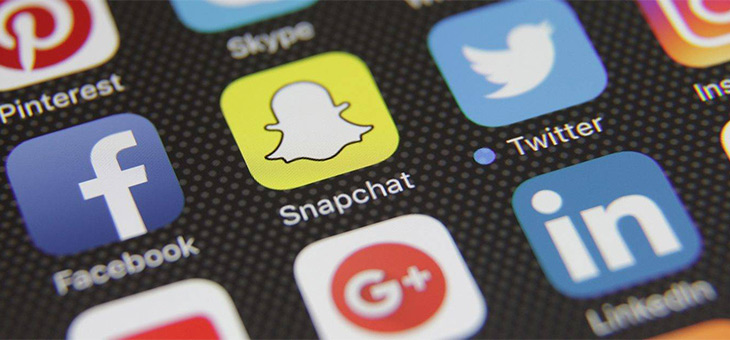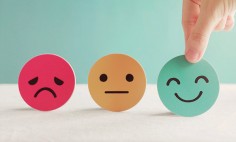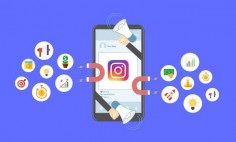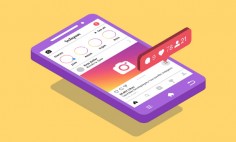Social media has offered a way through which we can connect with people all over the world. Moreover, it has given us the opportunity to find people we can relate to, as well as to look deeper into the lives of the people we love, such as actors, stars, and so on.
On the other hand, social media is also making us more aware of what’s happening in the world, in terms of trends and what’s being liked, for example. However, bad things happen in the world as well and, thus, we are not always seeing a perfect image of our surroundings.
Furthermore, due to certain aspects of social media, we will most likely have more than just a couple of bad experiences when engaging in online activities.
Therefore, in today’s article, we’ll take a look at how social media influences and affects teens, namely at how it affects mental health.

Research and Studies
Before naming the effects that social media has on our mental health, it’s important to look into some studies and research done on this very matter. For example, a study run by the University of Pittsburgh had shown that there is a connection between the time one spends on social media apps and negative body image feedback.
The results show that people had 2.2 times the risk of reporting body image and eating concerns if they spend more time on social media. Moreover, those that spend the most time had 2.6 times the risk.
Another study, conducted by the UCLA Brain Mapping Center, showed that teens will like photos depending on their number of likes, and not on the content. In short, being liked feels good – if you like what other people like, then you can consider yourself as accepted into the big herd that is social media.
Effects on Mental Health
First of all, keep in mind that your mental health can be affected without you even knowing it. If you can’t stop checking your Instagram or Twitter before going to sleep, then something might be wrong.
Here’s exactly how social media might affect your mental health:
- Human Connection – it goes without saying that, via extended use of social media, our human connection skills might suffer, a lot. It is important to communicate and build personal connections with other people – after all, it is in our very nature. However, being stuck to a screen all day long does not help with that and, at the end of the day, our overall well-being can be negatively and significantly impacted.
- Self Esteem – when looking at people that have the things you want to have, or the kind of like you want to have, you will end up being not satisfied with your life. Comparing ourselves with other people on social media does not help with our self-confidence and it will also make it harder for us to focus on our goals.
- Memory – while social media gives us the ability to save our dear memories and look back at them in the future, it can also alter the way in which you remember some of your memories. For example, we try so hard to capture the perfect photos for our Instagram during a trip, that we end up forgetting the firsthand experience of new sights and so on. In short, we no longer have time to look at real life and experience it properly – at least, not without a smartphone and a filter.
- Sleep – every time we browse social media before going to sleep, we get worked up with either envy or anxiety from what we see on Instagram/ Facebook/ Twitter, thus having a hard time falling asleep. Moreover, due to the screen’s light, our bodies will have a harder time releasing melatonin, which is the hormone that makes us feel tired before sleep.
Lastly, we’ll talk about a quite recent study, conducted in March 2018. More than a third of 1000 people stated that they are in the process of quitting social media, while 41% of them said that these social media platforms make them feel depressed, sad, and anxious.
By looking things up online, you can find more than just a couple of people claiming that quitting social media has changed their life in good.
Concluding Remarks
In the end, before worrying about the fact that you don’t have enough followers or likes on your posts, ask yourself if such things really matter. Even if they do matter, you should always keep in mind that social media should revolve around you, and not you around social media.
After all, if you lack followers, you can always just buy real Instagram followers and worry about nothing else. Your mental health and well-being are more important than the pixels you see on your screen.
Gratitude and satisfaction should not come via a smartphone screen, but through real-life experiences that change your way of seeing the world!















